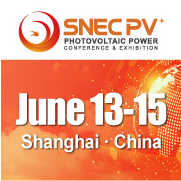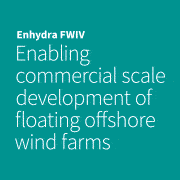For this year’s European Photovoltaic Solar Energy Conference and Exhibition (EU PVSEC) in Hamburg, Reis Robotics will present another highlight in the field solar module production: Quality assurance and cost saving by checking the strings before connecting them as matrix in the solar module. The company located in Lower Franconia with international activities again demonstrates how even well-established production methods and production systems can be optimized.
More than 100 production systems automated by Reis Robotics provide more than 6 GW of additional solar power a year with new solar modules. In Hamburg Reis demonstrates to the world which improvements are possible by innovation. These can be retrofitted even in existing production lines.
Automatic electro-luminescence measurement of string and matrix
Depending on the manufacturer, complete solar modules so far have been tested for their capacity and classified only after end of production. Therefore, this test presented by Reis Robotics in Hamburg comes up to a paradigm change. In the developed process step an automatic system optically checks the quality of the strings before they are deposited as matrix on the PV module. Furthermore, an extended system allows the complete matrix to be assessed in the next step before the lamination process.
The camera supported solution from Reis Robotics automatically recognizes faulty or damaged solar cells and ensures that these are fed out immediately. A so-called electro-luminescence measurement recognizes quality faults with high resolution within a few seconds. Such way it is possible to replace inferior-quality cells in a very early production stage and just in time before lamination of a module. This prevents defective cells from getting into the lamination process and rendering the module unserviceable. As a result, the remaining cells found to be OK can be used in the production process. There will be less reject parts and the total quality is improving, because it is ensured that the solar modules will consistently render the promised performance.





























